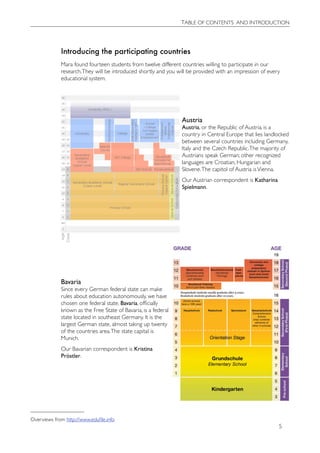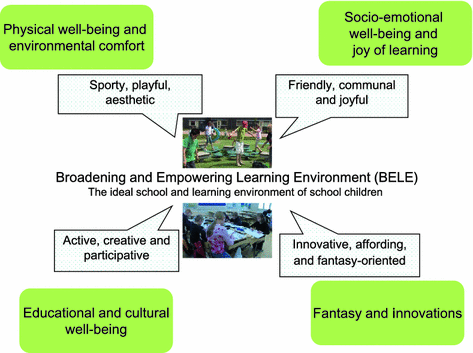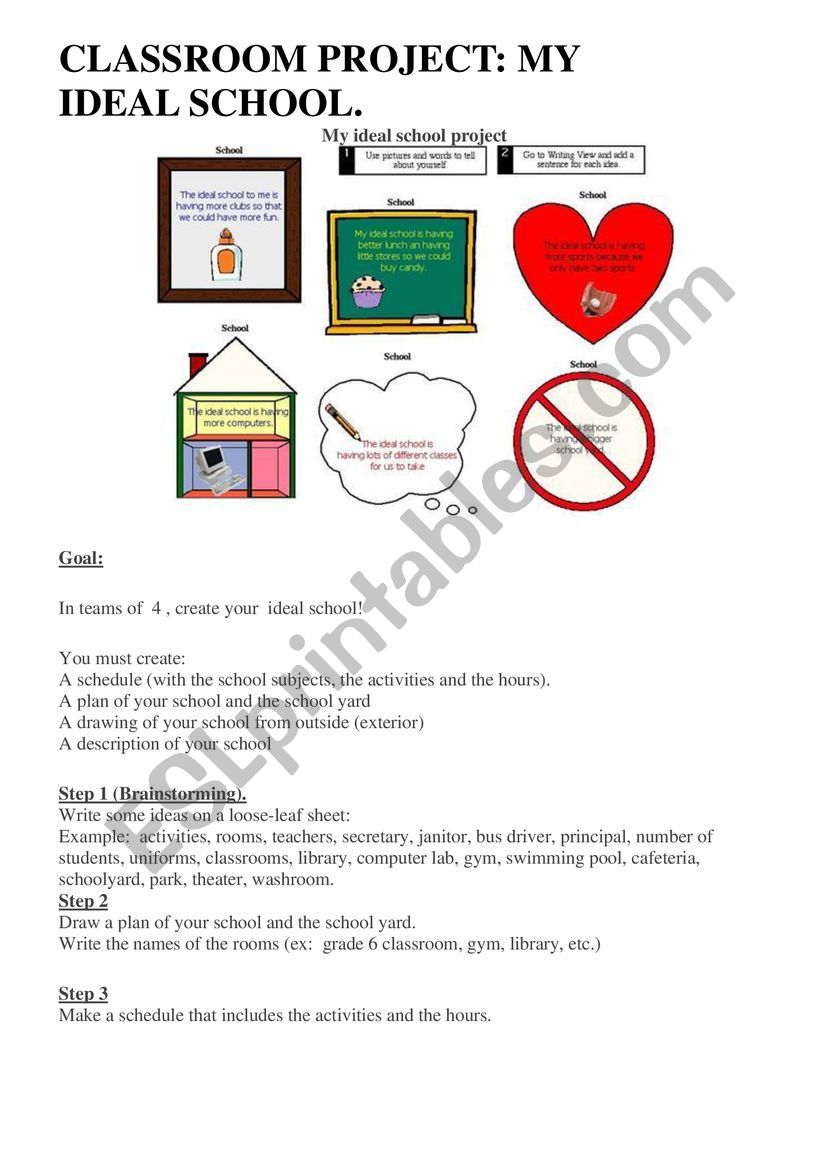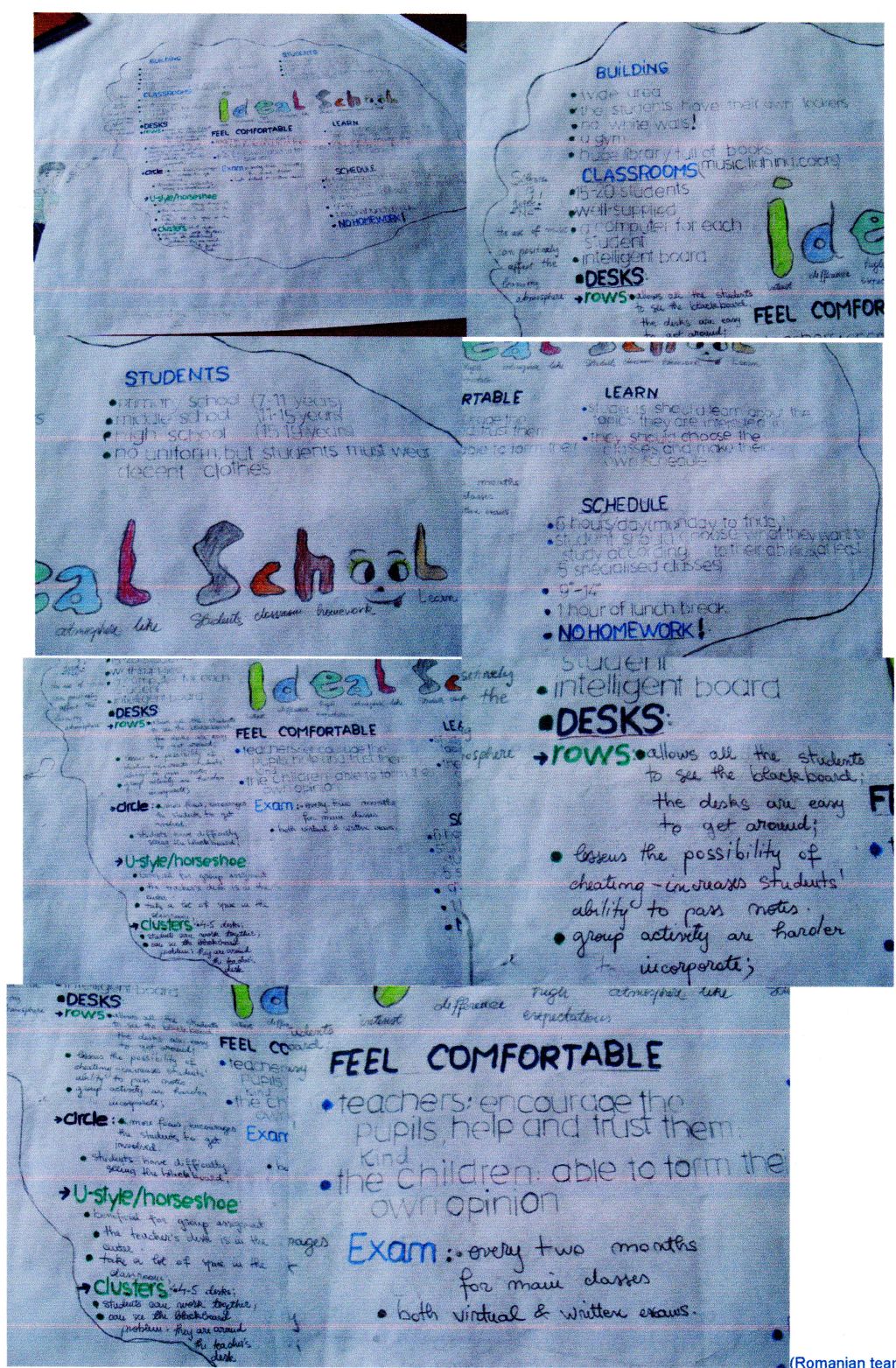An ideal education system would prioritize the development of critical thinking skills and encourage students to be curious, creative, and open-minded. It would recognize that each student is unique and has their own strengths and weaknesses, and it would provide a variety of learning opportunities to meet the needs of all students.
In this system, teachers would be highly trained and respected professionals who are passionate about their subjects and committed to helping students succeed. They would use a variety of teaching methods, including lectures, discussions, hands-on activities, and experiential learning, to engage and challenge students.
The curriculum would be comprehensive, covering a range of subjects including math, science, language arts, social studies, and the arts. It would also include practical skills such as financial literacy, technology literacy, and problem-solving.
To support student learning, the education system would provide access to resources such as textbooks, online materials, and technology. It would also prioritize the physical and mental health of students, with resources such as counseling and wellness programs available to all students.
In an ideal education system, there would be an emphasis on experiential learning and real-world application. Students would have opportunities to participate in internships, service learning projects, and other hands-on experiences that allow them to apply what they have learned in a practical setting.
Additionally, this education system would value diversity and inclusivity, and it would work to eliminate barriers to education such as discrimination and inequality. It would also recognize the importance of global citizenship and provide opportunities for students to learn about and engage with other cultures.
Overall, an ideal education system would provide students with the skills and knowledge they need to be successful in the 21st century, and it would foster a love of learning that lasts a lifetime.







